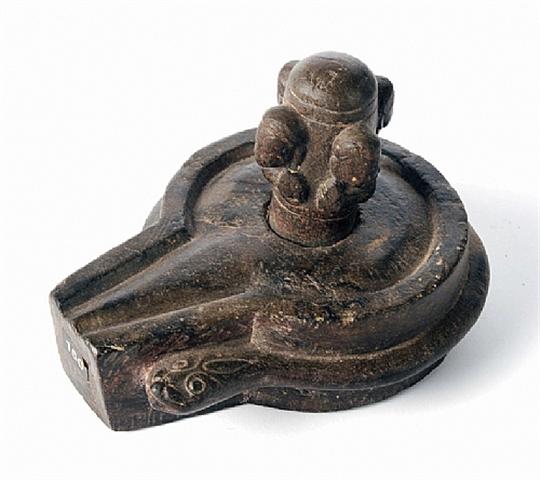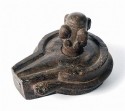
By Aishah Macgill
If you grew up in Australia, chances are at some time you threw a ‘yonnie’.
For me, a yonnie is specifically a small smooth stone that you deftly threw over water and the idea was to make it skip as many times as possible before sinking. The origin of the word yonnie is thought to derive from Australian Aboriginal language.
An interesting derivative is a cousin to the word, the yoni stone, that is so prolific accross India and some parts of South East Asia.
The yoni stone in India is a stone with grooves that is worshiped as the Shakti, the Devi, the origin of life. It is a stone that represents the vulva and usually has a linga stone sitting on it, the linga representing the phallus, the male energy; or in Sanskrit, Shiva. The linga placed in the yoni is a powerful symbol of many things on many levels, mostly that of the creative force but too many others to list here.
When I arrived in India and heard the name of the sacred stone, the Yoni, I pondered the origin of our Australian language. I have read that the Australian Aboriginal language and Sanskrit have much in common. According to Spencer Wells, Phd of National Geographic Science, there is a provable link between the Tamil language of southern India to indigenous languages in Australia. Also their ‘kinship’ system is very similar.
There is much debate among academics as to how and why this has happened. It does conflict with accepted theories of how early humans originally migrated around the planet.
I don’t know if its a coincidence or not, but I was awestruck as to why the wonderfully prolific yoni stones of India and the yonnie stones we played with as children were so similarly named.

Typical Yoni Stone with Shiva Linga on top seen all over India.










1 comment
The Etymolgy of Words | Aishah Macgill
[…] consider myself an amateur etymologist. Every now and then when I stumble upon an interesting word, I will let you […]
26/02/13131313